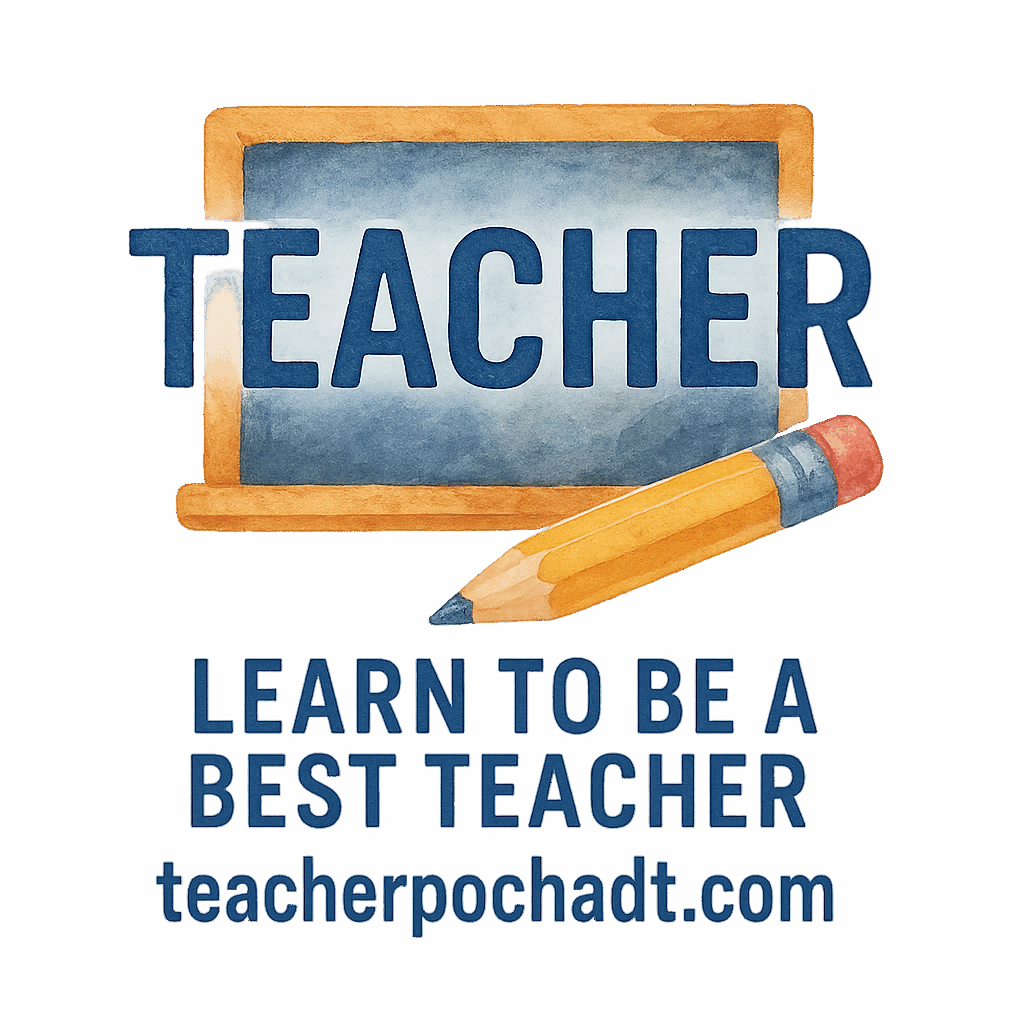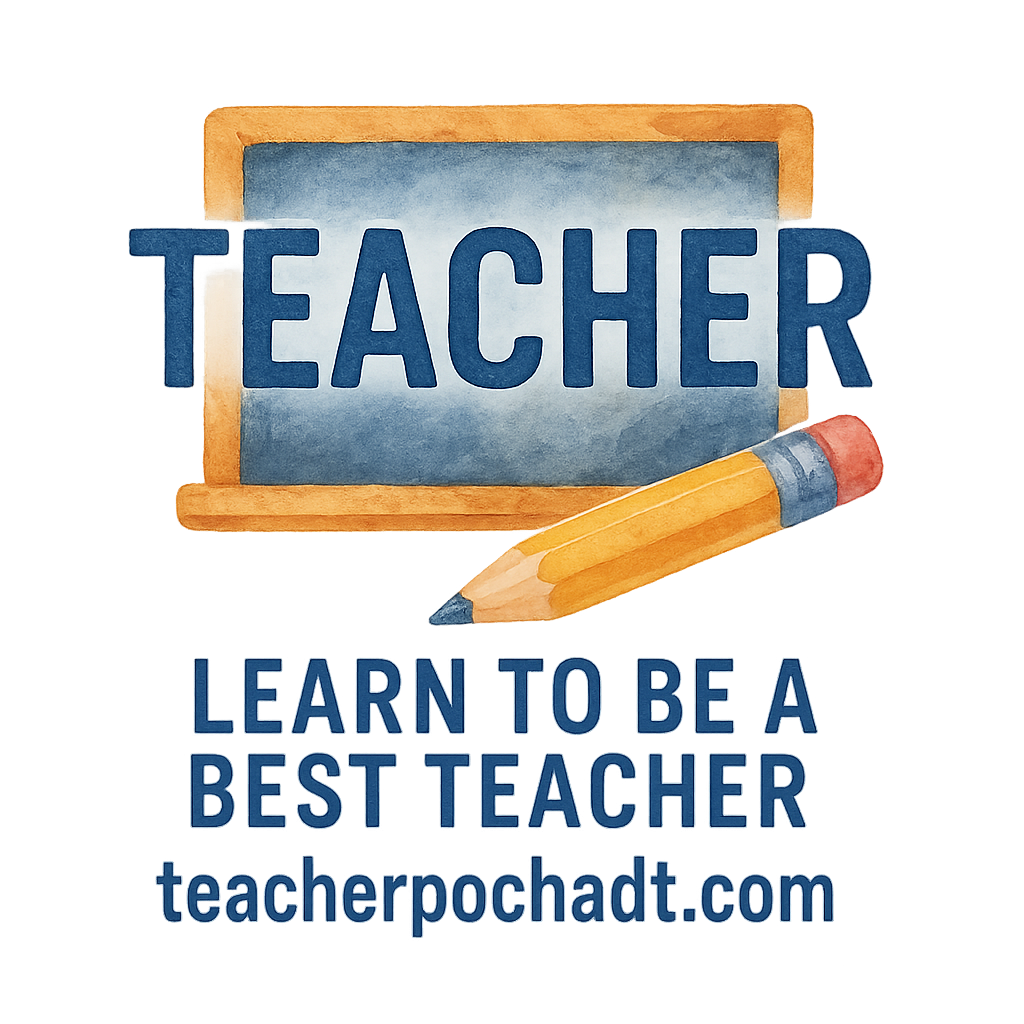Introduction
Networking is one of the most powerful tools for professional growth, especially in the education sector. For aspiring teachers, creating a strong network early on can pave the way for career advancement, offer new learning opportunities, and help build relationships that last a lifetime. Whether you’re just starting your teaching journey or you’re a seasoned educator, learning how to network effectively can unlock doors to mentorship, job opportunities, and a wealth of resources. In this article, we’ll dive into six essential networking strategies that every aspiring teacher should know.
Why Networking is Essential for Aspiring Teachers
The Importance of Networking in Education
In the education field, networking isn’t just about finding a job—it’s about becoming part of a vibrant, supportive community of professionals. Whether it’s connecting with other teachers, school administrators, or education specialists, a robust professional network can provide advice, resources, and emotional support that are crucial for personal and career growth.
Networking helps you stay connected to the latest education trends, and through these relationships, you’ll find new opportunities for professional development. Teacher development is an ongoing process, and having a reliable network can ensure you continue to evolve as an educator.
Building Professional Relationships
Networking also gives you the opportunity to form relationships that extend beyond the classroom. It allows you to stay updated on the latest teaching trends, exchange teaching strategies, and discuss challenges with others who understand the unique needs of educators. A strong network is often the key to overcoming hurdles in your career and finding success in your teaching journey.
Strategy 1: Join Professional Organizations
Why Join Organizations?
Joining professional organizations is one of the best ways to connect with fellow educators and professionals in the field. These organizations offer opportunities to attend workshops, conferences, and webinars, where you can learn new techniques and strategies to implement in the classroom. Membership in these groups often provides access to exclusive resources, such as teaching tools, lesson plans, and certification programs.
In addition to learning opportunities, professional organizations give you access to classroom management tips and resources that can help you create a better classroom environment.
National and Local Teacher Associations
Depending on your location, you can join national or local teacher associations that align with your interests or grade level. For example, the National Education Association (NEA) or the National Association for the Education of Young Children (NAEYC) provide excellent opportunities for teachers to build professional relationships, attend educational events, and stay updated on advocacy efforts related to education.
Benefits of Membership
Beyond educational opportunities, these associations often host networking events where teachers can connect with others in their field. Whether it’s through regional conferences or online forums, joining an organization allows you to engage with a broader community of educators, sharing experiences and learning from each other.
Strategy 2: Attend Conferences and Workshops
Learning Opportunities Beyond the Classroom
Conferences and workshops are excellent opportunities for networking and professional development. By attending these events, you not only enhance your skills and knowledge but also meet like-minded individuals who share your passion for teaching. Many conferences feature keynote speakers, breakout sessions, and networking mixers where you can meet industry experts and educators from all over the world.
Networking at Conferences
One of the most powerful aspects of attending conferences is the ability to network with educators, administrators, and education professionals from diverse backgrounds. Take advantage of these interactions to exchange ideas and discuss teaching challenges. Remember, a conference is the perfect place to find collaborators for future projects or learn about job opportunities that may not be posted publicly.
Make sure to check out the teacher tech workshops that may be available at conferences to help you stay ahead of the curve in classroom technology.
How to Make the Most of Conferences
When attending conferences, be sure to actively engage with speakers and fellow participants. Don’t hesitate to introduce yourself, ask questions, and exchange contact information. The goal is to make lasting connections that can help you throughout your career. If possible, follow up with the people you meet after the event to nurture the relationship.
Strategy 3: Utilize Social Media for Professional Growth
Why Social Media is a Game-Changer for Teachers
Social media platforms, particularly LinkedIn and Twitter, are fantastic tools for networking in the education field. These platforms allow you to connect with professionals from around the globe, share teaching tips, and engage in discussions about the latest educational trends. Social media is also an excellent resource for finding classroom activities and teaching ideas.
LinkedIn and Twitter
On LinkedIn, you can create a professional profile showcasing your teaching experience, certifications, and areas of expertise. LinkedIn also allows you to join groups related to education, where you can participate in discussions and share your thoughts with other professionals. Twitter is another excellent platform for educators, where you can follow hashtags like #edchat and #teachertribe to stay informed and join conversations about teaching practices.
By utilizing these platforms, you’ll stay connected with a global community of educators and gain insights into how others are approaching education. It also opens up opportunities for teacher discipline and classroom control tips that are invaluable in your own teaching practice.
Leveraging Online Communities
In addition to LinkedIn and Twitter, Facebook groups and educational forums provide spaces where teachers can exchange ideas and support one another. These online communities often allow teachers to ask for advice, share lesson plans, and even collaborate on projects. By participating in these forums, you can build relationships with educators from all over the world.

Strategy 4: Build a Personal Brand as a Teacher
How Personal Branding Can Help in Networking
Building a personal brand is an essential part of networking. By establishing your identity as an educator, you can attract mentorship opportunities, job offers, and collaborative projects. A personal brand allows you to showcase your teaching philosophy, expertise, and unique approach to education. Your personal brand will also help you connect with others who share your values and beliefs, making networking even more impactful.
Showcase Your Expertise
One of the best ways to build a personal brand is by sharing your knowledge online. Consider starting a blog or an educational YouTube channel where you can share teaching strategies, classroom activities, and tips for managing a classroom. These platforms allow you to establish yourself as an expert in your field while reaching a broader audience.
You can also share your thoughts on teacher reflection and how personal experiences have shaped your teaching style. This kind of self-reflection helps others connect with you on a personal level.
Highlight Your Teaching Philosophy
Your teaching philosophy is the cornerstone of your personal brand. By clearly articulating your beliefs about education, you give others a glimpse into your approach to teaching. This helps you connect with individuals who share similar values, leading to stronger professional relationships and networking opportunities.
Strategy 5: Reach Out for Mentorship
The Power of Mentorship in Teaching
Having a mentor can be incredibly valuable for aspiring teachers. A mentor can guide you through the challenges of teaching, provide advice on career development, and help you navigate the educational landscape. Mentorship also opens doors to new opportunities and offers a fresh perspective on teaching practices. Look into student engagement strategies that a mentor can help you develop.
Finding the Right Mentor
When looking for a mentor, focus on finding someone who aligns with your values and goals. It’s essential that your mentor has experience in areas you wish to grow in, whether that’s classroom management, curriculum development, or teacher leadership. A mentor can also offer advice on how to build your professional network.
Building a Long-Term Mentorship Relationship
Mentorship is a long-term commitment, and building a strong relationship with your mentor requires regular communication and follow-up. Take the time to schedule regular check-ins and discuss your progress. A mentor can provide ongoing support and help you achieve your professional goals, especially in areas such as teacher talk and effective communication.
Strategy 6: Volunteer for Educational Events and Programs
Getting Involved in Local Education Initiatives
Volunteering is one of the best ways to give back to the community while expanding your network. By volunteering for local educational events, tutoring programs, or school committees, you can meet other educators and gain hands-on experience in various educational settings.
Volunteering also allows you to interact with students in a different context, further improving your classroom culture and understanding of student needs.
How Volunteering Can Expand Your Network
Volunteering puts you in direct contact with other educators, parents, and community members, giving you the opportunity to build meaningful connections. Additionally, volunteering can lead to job opportunities and other professional growth opportunities that may not be advertised.
Finding Volunteer Opportunities
Look for volunteer opportunities within your school district or local community organizations. Many schools offer programs that rely on volunteers, such as after-school tutoring or mentorship programs. You can also volunteer at education-related events like book fairs, teacher conferences, and fundraising initiatives.
Conclusion
Networking is crucial for aspiring teachers looking to grow and succeed in their careers. By joining professional organizations, attending conferences, utilizing social media, building a personal brand, seeking mentorship, and volunteering for educational events, you’ll create a strong foundation for both your personal and professional development. Remember, networking isn’t just about who you know—it’s about creating meaningful connections that help you grow as an educator. Start building your network today, and the opportunities will follow.
FAQs
- How can I start networking as a new teacher?
- Start by joining professional organizations, attending conferences, and reaching out to colleagues in your school or district. Don’t forget to leverage social media platforms like LinkedIn and Twitter to connect with educators globally.
- What is the benefit of attending educational conferences?
- Conferences provide opportunities to learn new teaching strategies, meet experts in the field, and expand your professional network.
- How do I find a mentor as an aspiring teacher?
- Look for experienced educators who align with your teaching philosophy and career goals. Seek out mentorship programs or approach potential mentors at conferences or networking events.
- Is social media useful for teachers?
- Yes! Platforms like LinkedIn, Twitter, and Facebook allow teachers to connect with others, share ideas, and stay updated on the latest trends in education.
- Can volunteering help me expand my professional network?
- Absolutely! Volunteering for school events or educational initiatives helps you meet other educators, parents, and community leaders, all of whom can contribute to your professional growth.
- How can I build a personal brand as a teacher?
- Showcase your teaching expertise online through a blog, YouTube channel, or social media. Share your philosophy, strategies, and successes to attract connections with others who share your approach.
- What are some local organizations I can join for networking?
- Look for local teacher associations or education-focused groups in your community. Many districts have teacher networks or professional development groups that offer excellent opportunities for networking.


